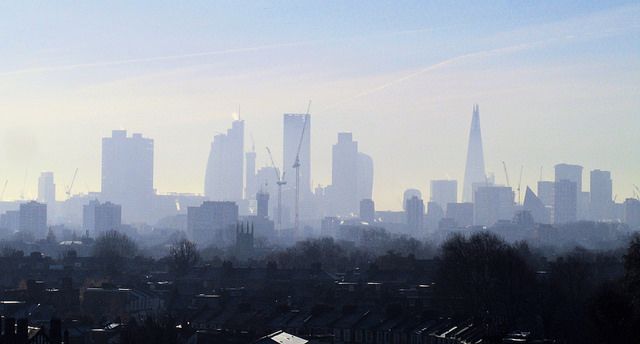New study finds air pollution in London is restricting children’s lung development
London’s air pollution is affecting children’s health.

London’s air pollution is affecting children’s health.
A new study by Queen Mary University of London, Kings College London and the University of Edinburgh has found that children exposed to diesel-polluted air pollution in London are showing poor lung capacity.
The research, published in the journal Lancet Public Health, involved over 2,000 children ages 8-9 from 28 primary schools in the London Borough of Tower Hamlets, Hackney, Greenwich and the City of London.
The research found that children exposed to air pollution showed significantly smaller lung volume (a loss of approximately 5 per cent in lung capacity). This was linked to annual exposures of nitrogen dioxide (NO2) and other nitrogen oxides (NOx), both of which are in diesel emissions, and particulate matter (PM10).
Children are especially vulnerable to the effects of air pollution because they breathe more rapidly than adults, so they absorb more pollutants.
Dr Ian Mudway, Professor at Kings College London, said: “There is an urgent need to improve our air quality, especially within our congested cities. Policies such as the Low Emission Zone strive to do this, but their effectiveness needs careful and objective evaluation, not only in terms of whether they improve air quality, but more importantly, whether they deliver better health. As the evidence base grows demonstrating that air pollution impacts on the health of children born and growing up in our cities, so the justification for decisive action increases.”
This news follows a report by the World Health Organisation which found that over 90 per cent of children breathe toxic air every day. Recently, air pollution has been reported as the biggest environmental health risk in Europe, according to an EU report.
Read the full report here.
Photograph: David Holt
